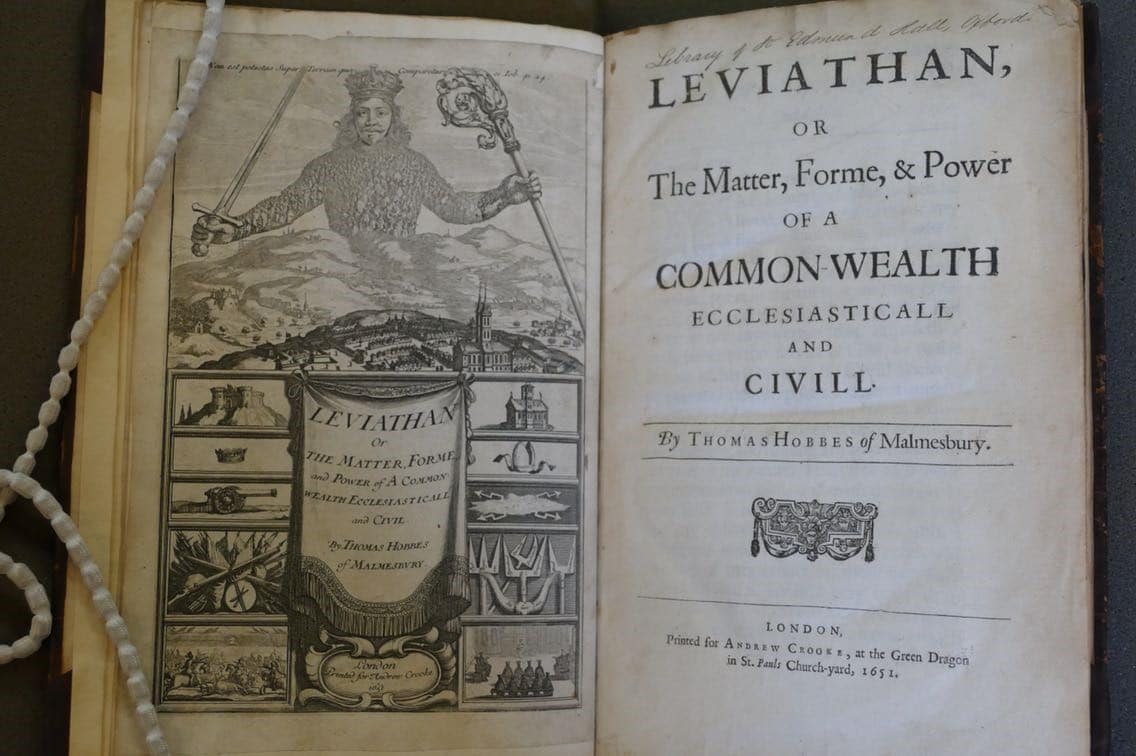


Hobbes argues for strong central authority and seeks to derive an objective science of morality. This book, which contributed to social contract theory, takes its name from a scriptural reference to the largest of creatures: ‘There is no power on earth to be compared to him’ (Job 41:24). Reminiscent of Bacon's admonition about ‘Idols of the Mind’, he examines imagination, memory, dreams, apparitions and visions to show that what we think in fact is conditioned by training and predisposition – and therefore subject to error. This excerpt from the second chapter reflects Hobbes's plan to establish preliminary understandings that precede any serious inquiry into human nature.

He debated with Boyle among others about experimental procedures at the Royal Society (he was never elected Fellow), and published translations of Greek writers including Homer. Thomas Hobbes (1588–1679) published Leviathan and works on language upon returning to England after a decade of exile in Paris.


 0 kommentar(er)
0 kommentar(er)
